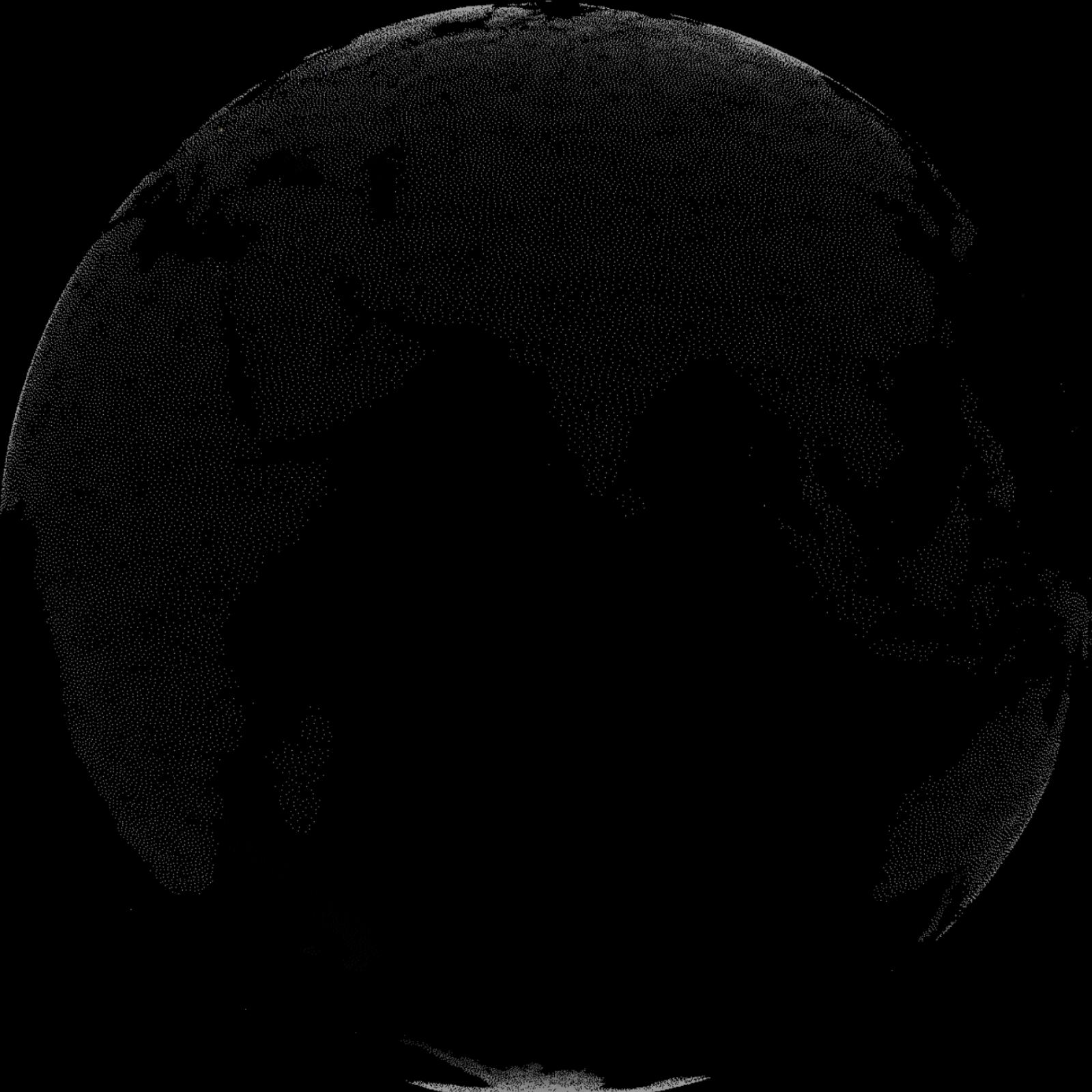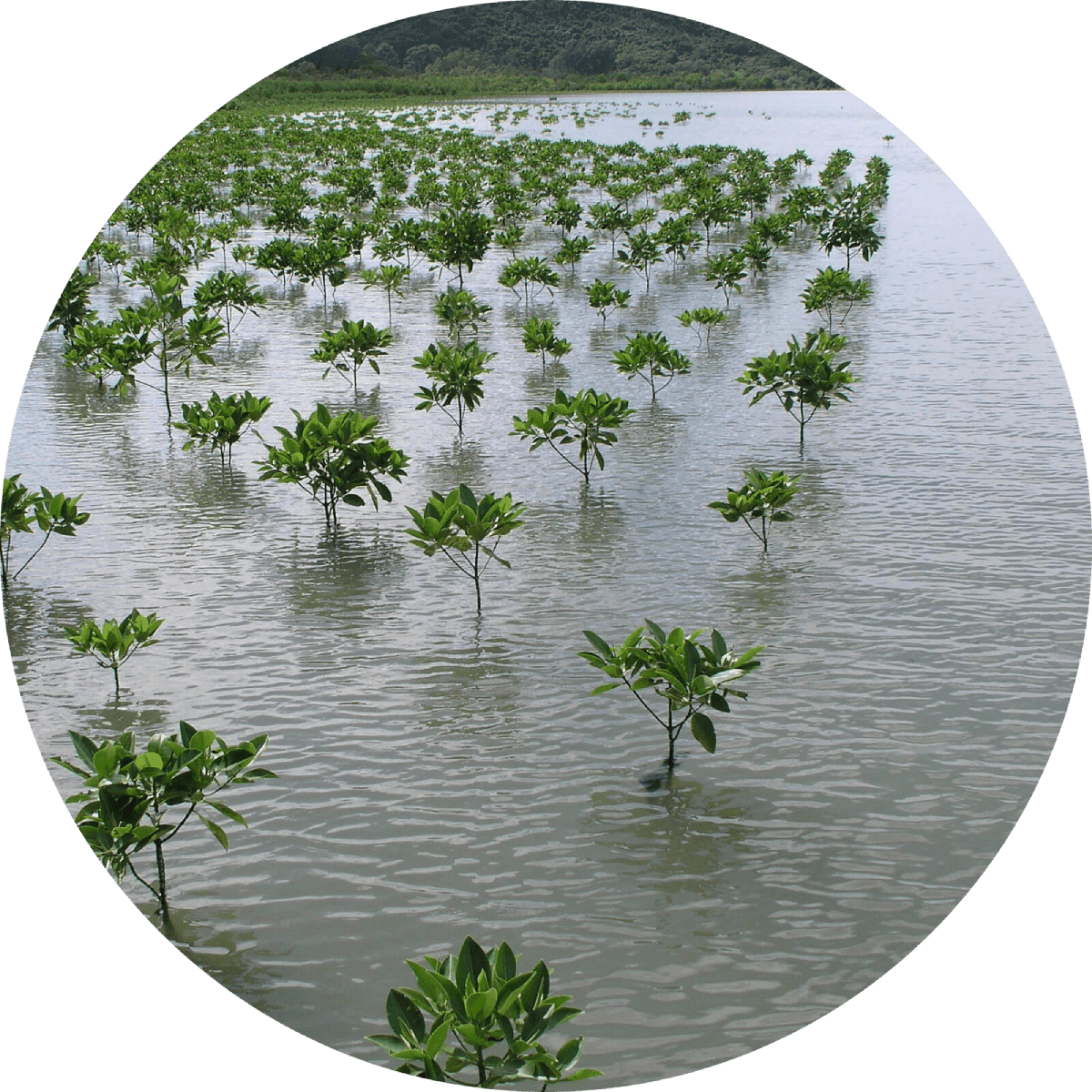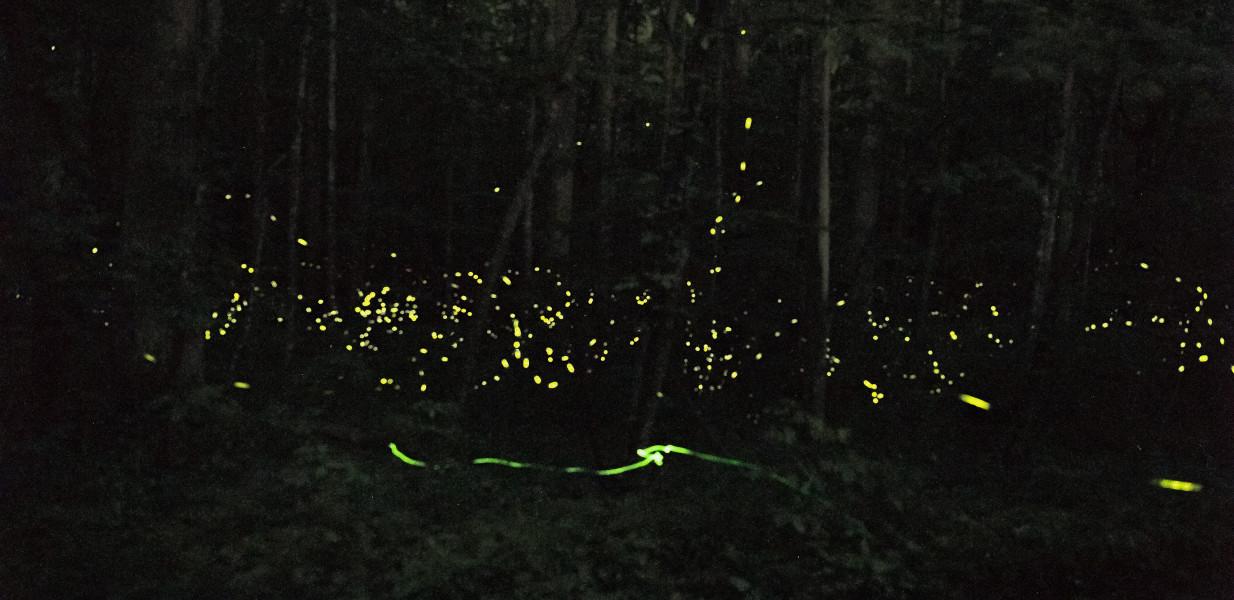Warming Accelerating in Antarctica
1970 CE - 2020 CE • Antarctica
"The polar regions are the first to be affected by the heating climate, and dramatic changes are already underway in Antarctica. Floating ice shelves are melting rapidly, raising concerns about sudden, uncontrollable sea level rise. The Antarctic Peninsula, a popular tourist destination, is one of the most rapidly warming places in the Southern Hemisphere, with average summer temperatures increasing by over 5°F (3°C) between 1970 and 2020. Since the 1970s the Southern Ocean has absorbed as much as 75 percent of the excess heat created by humans, and 40 percent of the carbon dioxide. Warmer, more acidic oceans are already impacting Antarctic ecosystems, with many penguin colonies shrinking, and in some cases disappearing altogether . . . What happens in Antarctica as the planet heats will affect all of humanity. A warming Southern Ocean threatens to slow global ocean circulation and drive extreme weather events across the globe . . . Melting Antarctic ice has the potential to raise global sea levels by hundreds of feet. Even a few feet of sea level rise would be catastrophic for millions of people, destroying critical sources of freshwater and farmland with saltwater, and displacing millions of people."
"Climate Crisis in Antarctica," Antarctic and Southern Ocean Coalition.
Image: GRID-Arendal via Flickr, Attribution-NonCommercial-ShareAlike 2.0 Generic (CC BY-NC-SA 2.0)


Learn about Maya Lin’s fifth and final memorial: a multi-platform science based artwork that presents an ecological history of our world - past, present, and future.

Discover ecological histories and stories of former abundance, loss, and recovery on the map of memory.

Learn how we can reduce our emissions and protect and restore species and habitats – around the world.

See how art can help us rethink the problems we face, and give us hope that each one of us can make a difference.

Help make a global memorial something personal and close to home. Share your stories of the natural world.


